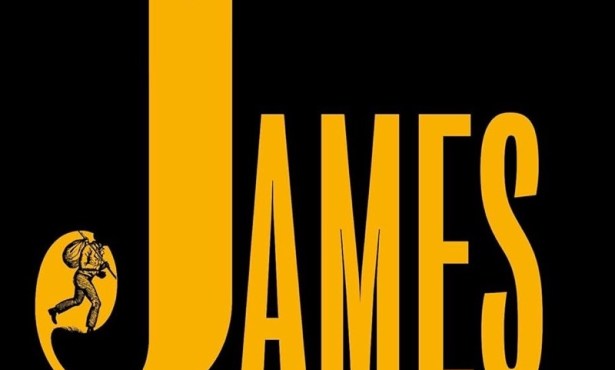Suicidal Impulses Thread Through ‘Happy End’
Tale of Dysfunctional Family Dotted by Calamities amid Calm Circumstances

Early in Happy End, the latest film from Austrian master filmmaker Michael Haneke (Amour, Caché, The White Ribbon), there is a long, static shot of a construction site, its languid reverie interrupted by a sudden wall collapsing, taking an occupied porta-potty with it. This tale of dysfunctional family ties is dotted by calamities amid deceptively calm — and visually beautiful) circumstances, often viewed from a distance or off-screen, while internal tension stealthily mounts. As the title slyly implies, suicidal impulses thread through the story, from a preteen heroine to her mother and a grandfather with dementia (Amour’s Jean-Louis Trintignant, who cross-references that film’s plot here). Less claustrophobic than Amour and more of a multicharacter family tapestry, the film nonetheless pales by comparison with Haneke’s earlier masterpiece. But the classic, uncompromising, sentimentality-dodging Haneke touch is well in hand, stylistically, even as Happy End subversively tugs at the heart in ways we often don’t see coming.



